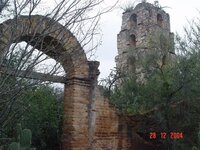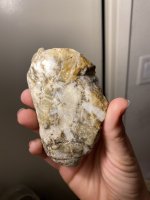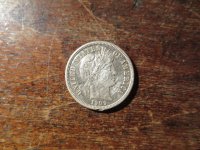somehiker
Silver Member
- May 1, 2007
- 4,365
- 6,426
- Primary Interest:
- All Treasure Hunting
Oroblanco had asked:
"Why would you think that someone would identify father Rojas in particular to be honored, whether by this statue in question or another?"
Perhaps because Roxas, unlike most of the other Jesuits who were released from custody after reaching Spain, was imprisoned at Cadiz until his death in 1773. This would make him a martyr of sorts IMO....or should.
The question is why ??
Regards:SH.
"Why would you think that someone would identify father Rojas in particular to be honored, whether by this statue in question or another?"
Perhaps because Roxas, unlike most of the other Jesuits who were released from custody after reaching Spain, was imprisoned at Cadiz until his death in 1773. This would make him a martyr of sorts IMO....or should.
The question is why ??
Regards:SH.
Last edited:






 Perhaps they need the silver for horse tack.
Perhaps they need the silver for horse tack.




